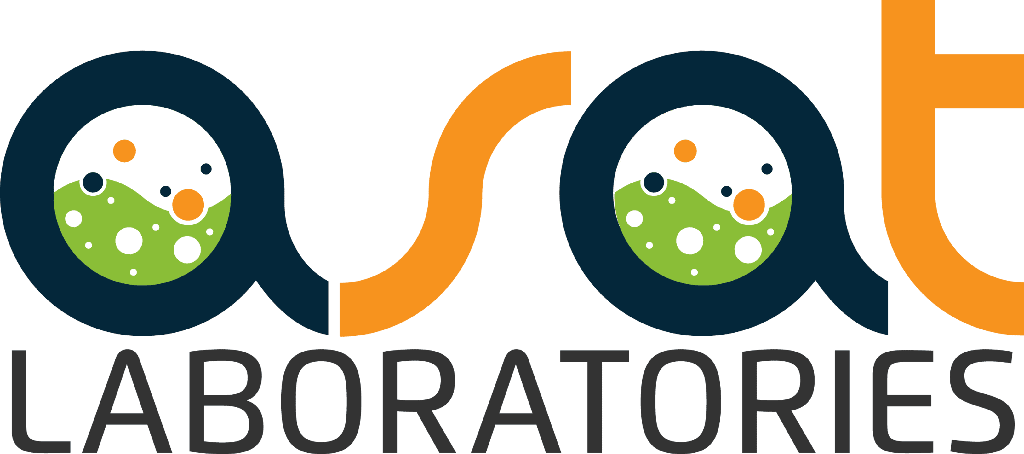Finance & Operations Policy
Comprehensive guidelines for financial management, operations, and resource allocation at ASAT Labs
1. Introduction
This Finance & Operations Policy establishes the framework for financial management, operational procedures, and resource allocation at ASAT Labs. It ensures transparency, accountability, and effective stewardship of organizational resources.
This policy applies to all staff, board members, volunteers, and anyone handling financial resources or operational activities on behalf of ASAT Labs.
2. Financial Management
ASAT Labs maintains high standards of financial management to ensure transparency, accountability, and effective resource utilization.
- All financial transactions must be properly documented and authorized
- Dual approval required for expenses exceeding $500
- Monthly financial reviews by management team
- Quarterly board financial reports
- Annual external audit by certified public accountants
We maintain separate bank accounts for different purposes:
- Operating Account: Daily operational expenses
- Program Account: Project-specific funding
- Reserve Account: Emergency and contingency funds
- Investment Account: Long-term financial growth
3. Budget Planning
Annual budget planning ensures alignment with organizational goals and effective resource allocation.
The annual budget process includes:
- Strategic planning session (October)
- Department budget requests (November)
- Budget review and approval (December)
- Quarterly budget reviews and adjustments
- Program Expenses: 70% of total budget
- Administrative Costs: 15% of total budget
- Fundraising: 10% of total budget
- Reserve Fund: 5% of total budget
4. Expense Management
All expenses must be reasonable, necessary, and directly related to ASAT Labs' mission and activities.
- Staff: Up to $100 (single approval)
- Managers: Up to $500 (single approval)
- Directors: Up to $2,000 (dual approval)
- Board: Over $2,000 (board approval required)
All expenses must include:
- Original receipts or invoices
- Business purpose and justification
- Date, amount, and vendor information
- Approval signatures
- Project or program allocation
5. Revenue & Donations
ASAT Labs generates revenue through various channels while maintaining donor trust and transparency.
- Individual Donations: Online and offline contributions
- Grant Funding: Government and foundation grants
- Corporate Partnerships: Business sponsorships
- Program Fees: Educational and training services
- Investment Income: Endowment and reserve funds
All donations are processed with:
- Immediate acknowledgment and receipt
- Proper categorization and tracking
- Donor privacy protection
- Regular reporting to donors
- Compliance with tax regulations
6. Financial Reporting
Regular financial reporting ensures transparency and accountability to stakeholders.
- Income and expense statements
- Cash flow analysis
- Budget vs. actual comparisons
- Key financial metrics
- Audited financial statements
- Program impact reports
- Donor stewardship reports
- Strategic plan progress
7. Audit & Compliance
Regular audits and compliance monitoring ensure financial integrity and regulatory adherence.
- Segregation of duties
- Regular reconciliation of accounts
- Documentation and record keeping
- Authorization and approval processes
- Physical security of assets
Annual external audit by independent certified public accountants, including:
- Financial statement audit
- Compliance testing
- Internal control evaluation
- Management letter with recommendations
8. Procurement
Procurement procedures ensure value for money and ethical purchasing practices.
- Under $100: Single quote required
- $100-$500: Three quotes required
- $500-$2,000: Formal bidding process
- Over $2,000: Board approval and competitive bidding
- Vendor registration and verification
- Performance evaluation
- Contract management
- Payment terms and conditions
9. Asset Management
Proper asset management ensures optimal utilization and protection of organizational resources.
- Fixed Assets: Equipment, furniture, buildings
- IT Assets: Computers, software, network equipment
- Vehicles: Cars, motorcycles, bicycles
- Intangible Assets: Software licenses, trademarks
- Asset registration and tagging
- Regular inventory audits
- Maintenance scheduling
- Disposal procedures
- Insurance coverage
10. Risk Management
Comprehensive risk management protects organizational assets and ensures business continuity.
- Currency fluctuation risks
- Interest rate changes
- Credit and counterparty risks
- Liquidity management
- Investment portfolio diversification
- Technology and cybersecurity risks
- Regulatory compliance risks
- Reputation and brand risks
- Key personnel risks
- Natural disaster and business interruption
11. Contact Information
For questions about this Finance & Operations Policy or financial matters, please contact:
Finance Director: finance@asatlabs.org
Operations Manager: operations@asatlabs.org
Phone: +256 7522 96146
Address: ASAT LABS, Gulu, Uganda
Acknowledgment
By clicking "I Agree" below, you acknowledge that you have read, understood, and agree to be bound by this Finance & Operations Policy.
